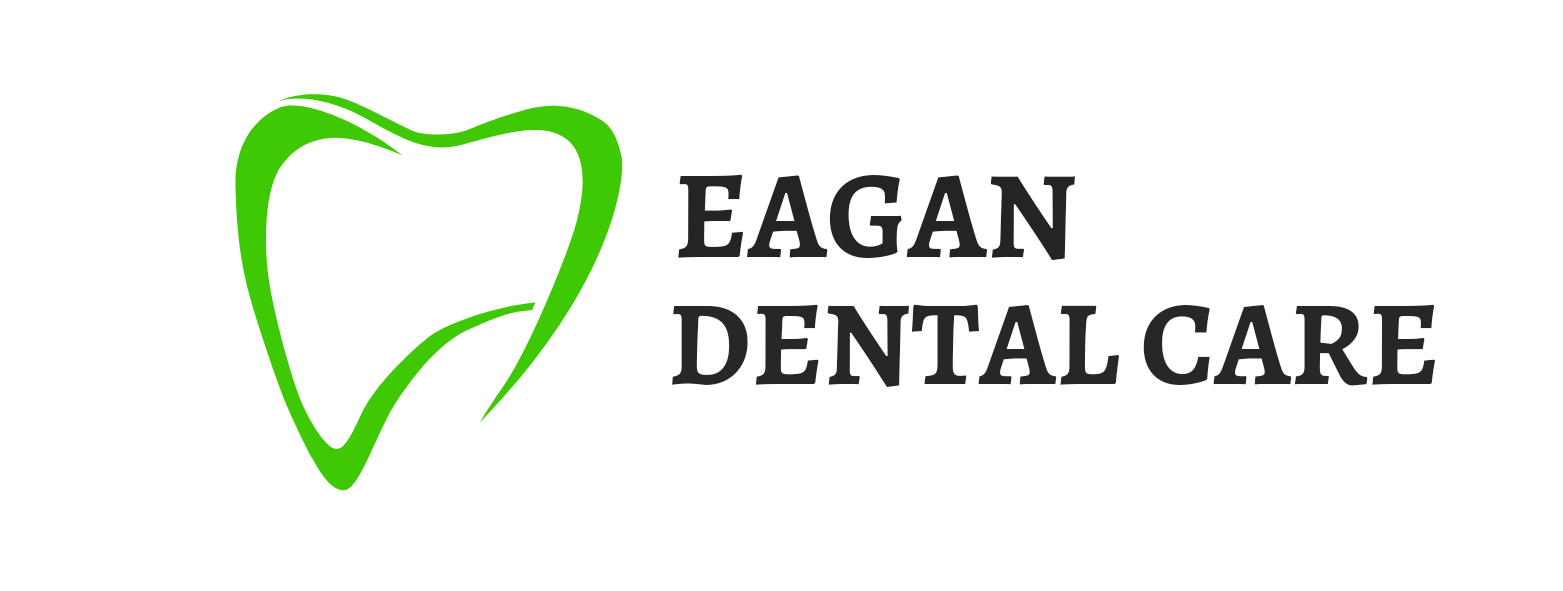The Importance of Dental Hygiene: Keep Cavities at Bay
Maintaining optimal dental hygiene is not just about ensuring a bright smile; it is a fundamental aspect of overall health. Cavity prevention plays a key role in dental care, as cavities can lead to more serious health issues if left unchecked. In this blog, we will explore why diligent oral hygiene is crucial, detailing effective practices to prevent cavities and maintain oral health.
Understanding Cavities
Cavities, or dental caries, develop when acids produced by bacteria in the mouth erode the enamel of teeth. These acids form when sugar from foods interacts with bacteria, creating plaque—a sticky, colorless film that adheres to teeth. Over time, this plaque can harden into tartar and further damage tooth surfaces if it is not removed through regular cleaning. Once dental decay begins, it destroys the enamel, creating tiny holes or cavities.
The Repercussions of Poor Dental Hygiene
Neglecting dental hygiene can lead to various health issues beyond cavities, including gum disease, infections, and even tooth loss. Periodontal problems, which begin with gum inflammation, can progress to severe stages, potentially affecting structures supporting the teeth. Furthermore, emerging research suggests that oral health is linked to chronic conditions such as heart disease and diabetes, showcasing the widespread implications of dental neglect.
Effective Dental Hygiene Practices
- Regular Brushing: Brush your teeth twice daily with fluoride toothpaste. Fluoride is crucial as it helps strengthen enamel and prevents decay. Ensure that you brush all surfaces of the teeth using a soft-bristled toothbrush, replacing it every three to four months or sooner if the bristles are frayed.
- Flossing Daily: Brushing alone does not suffice for optimal oral hygiene. Flossing once a day removes plaque and food particles trapped between teeth where toothbrush bristles cannot reach.
- Mouthwash Use: Mouthwash offers an additional layer of protection. Antibacterial mouthwashes reach areas of the mouth that brushing and flossing alone might miss, helping reduce plaque buildup and freshen breath.
- Healthy Diet Choices: Eating a balanced diet rich in fruits, vegetables, and whole grains reduces the risk of cavities. Limit sugary snacks and beverages, as they are primary culprits of cavity formation.
- Regular Dental Visits: Routine check-ups and cleanings with a dental professional are vital. These visits allow early detection of potential problems, and professional cleanings can remove tartar that regular brushing does not eliminate.
The Role of Fluoride
Fluoride plays a pivotal role in dental health. This natural mineral assists in rebuilding weakened tooth enamel, reversing early signs of tooth decay, and inhibiting bacteria’s ability to produce harmful acids. Many communities add fluoride to their water supplies as a preventive public health measure. Additionally, fluoride-containing toothpaste and mouth rinses are widely accessible and effective in protecting against cavities.
How Lifestyle Affects Dental Health
Lifestyle choices significantly affect oral health. Smoking and tobacco use are major risk factors for gum disease and oral cancers. They also contribute to halitosis (bad breath) and tooth discoloration. Excessive alcohol consumption can exacerbate gum disease and increase the risk of tongue and mouth cancers. Engaging in sports or activities poses another risk if dental protection like mouth guards is neglected, leading to potential tooth damage.
Educating Children About Dental Hygiene
Instilling good dental hygiene habits in children from a young age is critical. Start cleaning a baby’s teeth as soon as they appear, and use children-specific fluoride toothpaste. Encouraging kids to brush and floss regularly sets the foundation for lifelong dental health. Making brushing fun with songs, games, or colorful toothbrushes can transform routine into an enjoyable habit. Regular visits to a pediatric dentist also help, providing professional care and educating children and parents about proper oral hygiene.
Confronting Dental Anxiety
For many, a trip to the dentist is fraught with anxiety. It’s essential to confront this fear to ensure dental problems do not go untreated. Consider seeking dentists who offer sedation dentistry options, which can alleviate anxiety during procedures. Openly communicating with your dental practitioner about your fears can also lead to solutions and techniques tailored to creating a calming experience.
The Psychological Impacts
Poor dental health can affect mental well-being, commonly diminishing self-esteem or causing social anxiety due to concerns about one’s appearance or halitosis. Conversely, maintaining oral health contributes to a positive self-image, fostering confidence in social and professional settings.
Dental hygiene is an indispensable part of maintaining one’s overall health. By incorporating consistent oral health practices into your daily routine and addressing any dental issues with a professional, you protect not only your teeth and gums but also enhance your quality of life. Make dental care a priority today to pave the way for a healthier, happier smile tomorrow.
Take Action for Your Oral Health
Don’t wait until dental issues arise. Contact Eagan Dental Care today and schedule your appointment. Our expert team is ready to support you in achieving and maintaining a healthy smile. Call us or visit our website to book now!
